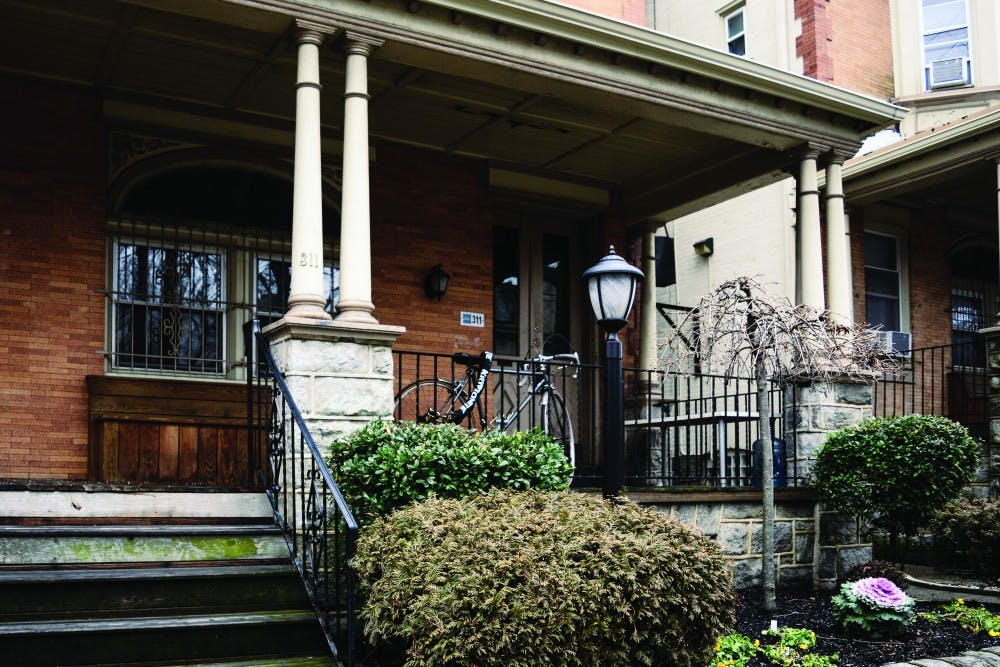For Penn students living off campus, knowing your rights as a tenant is vital to keeping yourself safe and informed.
Student renters, in addition to long-time neighborhood residents, can fall victim to mistreatment by their landlords. Fortunately, Philadelphia law upholds renters’ rights on a myriad of issues ranging from discrimination, rental suitability, evictions without “good cause,” and other unfair rental practices.
Under city law surrounding unfair rental practices, landlords are barred from retaliating against tenants for complaints alleging violations, tenant union membership, or the exercise of other legal rights, according to the Philadelphia Fair Housing Commission. Examples of illegal retaliation include raising rent, shutting off utilities, or attempting to evict.
It is also illegal for a landlord to lock a tenant out of their apartment or put their property out on the street for any reason, according to the Tenant Union Representative Network. Only a landlord-tenant officer or sheriff has the power to evict, and tenants are entitled to a court hearing prior to eviction. Tenants cannot be forced to move until at least 21 days after a court hearing.
Pennsylvania law also protects tenants whose landlords fail to pay their gas, electric, or water bills. Tenants are not required to pay the bill to keep services on, and the utility provider must notify tenants before any shut off as well as let tenants pay the bill for the last 30 days only. The landlord must deduct these payments from rent when it is due.

Philadelphia’s anti-discrimination laws ensure individuals' basic rights to equal treatment by landlords. They may not refuse to rent housing, offer less favorable lease terms or interest rates, refuse to make reasonable accommodations for those with disabilities, or otherwise discriminate on the basis of identity, according to the Fair Housing Commission.
In addition to equal treatment for race, gender, religion, and sexual orientation, there are protections against discrimination based on source of income, marital status, disability, age, national origin, or domestic or sexual violence victim status.
Most recently, after year-long negotiations and more than 30 years of advocacy work, Philadelphia's month-to-month renters can no longer legally be evicted without “good cause” as of April 2019.
When the bill was originally proposed, it was meant to apply to all rental leases, second-year Penn Law student Sam Whillans, who petitioned for the Good Cause bill in November 2018 along with over 100 of his classmates, said in March 2019. As it stands now, however, the bill applies to leases that are less than a year in length — a significant change, Whillans said.
The Good Cause eviction law outlines a vast array of "good" causes for eviction landlords can use, including renovation, property sale, and personal use of property, according to the Fair Housing Commission. If the landlord does not issue an eviction notice, the lease will automatically renew month to month.
Want to read more housing content? Check out the project page here.









